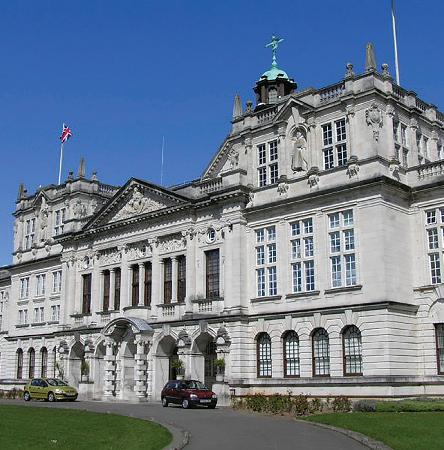
2 minute read
University news home and abroad
by Exeposé
Brexit causes collapse in Oxbridge reasearch funding
THE UK’s leading universities, Oxford and Cambridge, have lost almost all funding from European research programmes due to Brexit, new data has shown.
Advertisement
Cambridge University received £62m a year under the previous programme, Horizon 2020 — a total of £433m over seven years between 2014 and 2020. However, it has received no funding from the new Horizon Europe programme. Similarly Oxford, which received £463m from the old programme, has received just £1.7m post-Brexit
Recent data has shown that Oxbridge’s status as the two leading universities in Europe is slipping following Brexit, which Oxford’s Professor of Higher Education Simon Marginson described as “a historic error of monumental proportions” with “no possible upsides” for higher education.
Britain was to remain an associate member of the Horizon Europe programme post-Brexit, but political wrangling over Northern Ireland has disrupted this. The funding provided by the programme is vital for British collaboration with European research institutions.
China bans foreign university online courses
FOR two years during the height of the pandemic, China allowed Chinese University students to partake in University courses from outside their national borders. This right has now been revoked from students nationwide, with China’s reasoning being that it is a crackdown on substandard degree courses. Foreign universi ties’ continuation of their online enrolment of Chinese students has been seen as no longer necessary as China officially abandoned their strict “Zero COVID” policy in December. The Chinese government are urging students to return to their overseas campuses, the only exception being for those obtaining online degrees through universities in Russia or Ukraine. Many are seeing this sudden change as linked to the beginning of the academic year in Australia where 40,000 enrolled Chinese students were previously unable to return to inperson study. Chinese-Australian relations are thawing after a period of tension, with some arguing this policy change is politically fuelled.
Cardiff Vice-Chancellor says finances are unstable Students in India fight Modi documentary ban
CARDIFF University’s Vice-Chancellor has warned that Welsh universities face an unsustainable financial future. Professor Colin Riordan said that a combination of fixed tuition fees, high inflation and limited public money had contributed to a situation in which universities could not afford to “continually lose money.” He claimed the situation could lead to a decline in quality teaching through job losses and cutbacks, placing Wales at a disadvantage compared to better funded English universities. In the next financial year universities will get nearly £5 million less from the Welsh government, despite contributing more than £5 billion to the economy.
A Welsh Government spokesperson said “We have invested significantly in universities”, adding that “We will continue to work closely with our higher education sector to ensure they are able to continue to provide an excellent experience for student and staff."
STUDENTS in universities across India are protesting the ban of a controversial BBC documentary criticising Prime Minister Narendra Modi. The documentary, which was blocked by The Ministry of Information and Broadcasting, has been screened across University campuses despite the ban. Many students were suspended and some have been detained by police. ‘India: The Modi Question’ was deemed “hostile propaganda” by the Indian government, with access through platforms including YouTube prevented using emergency powers under information technology legislation. It examines Modi’s role as Gujarat State’s Chief Minister during a violent episode in 2002, prompting its suppression by universities. Central University of Rajasthan suspended 10 students for two weeks after they watched the documentary on their phones. One student stated “We were forcibly thrown out of the hostel by the security of the university”, with another describing intimidation by Hindu organisations and the targeting of Muslim students. The BBC has declared they stand by the documentary, with a spokesperson stating it was rigorously researched according to highest editorial standards.
By Harry Craig, Gracie Moore and Amy Rushton.










